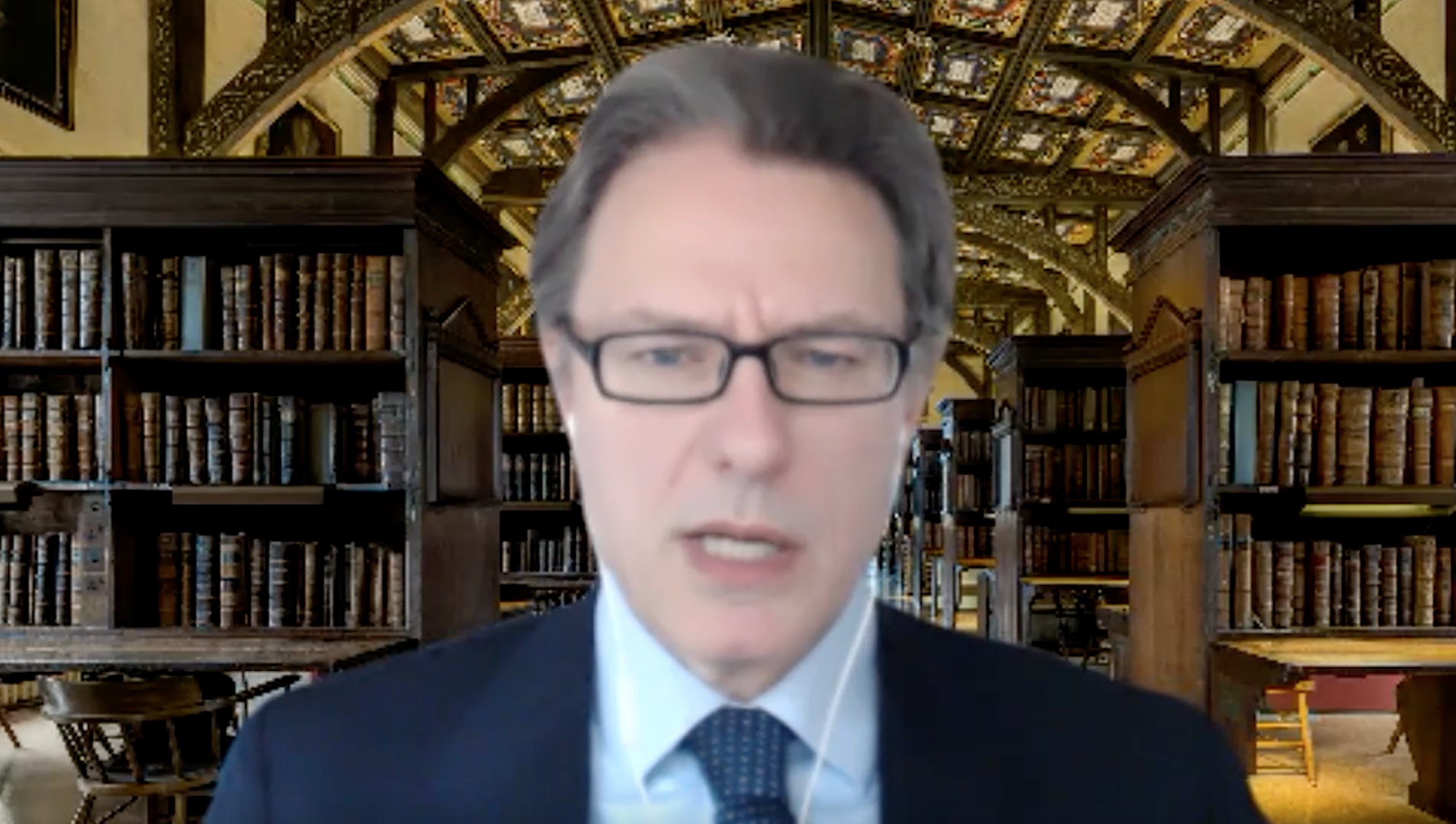I am truly delighted to be here with you today to support the Right to Know initiative. As a philosopher, you may imagine I have a bias in favour of more knowledge, better knowledge, almost always. I like to spend a word about the almost.
If you think about the Right to Know be exercised by anyone at any time, well consider also that that right to know comes with a moral judgment about what ought to be known. We have the need for the right to know because what ought to be known sometimes it is not known. Politicians, maybe businesses maybe a group of peoples of all kinds, decide that something is better to be kept opaque, hidden unknown. That is why the right to know is there, to make sure that it does not happen. However, there are also corners of the world which are protected by privacy or by public interest. Sometimes some things need to be left unknown. What I did yesterday morning is probably my own business, and no one should have the right to know unless the police or a judge decides that it is of public interest. So, the right to know is counterbalanced by a good sense of what ought to be known in a decent democracy, privacy, and public interest.
The second point I would like to stress about the Right to Know is that it would be wonderful in an ideal world if we were not in need to have such a right. Imagine you live in a utopian city where everything that ought to be known is known, any piece of information that should be circulating or be available and accessible is actually transparently there for anyone to enjoy. Well, because we do not live in such a city and unfortunately our democracy is less than perfect, the Right to Know needs to be implemented. We have a kind of regulative ideal context where what ought to be known will be known and the Right to Know would not be exercise because it is unnecessary.
That is the traveling path where the Right to Know will be so well implemented that does not need to be any more forced or required or imposed by anyone. Because of that sometimes we need to be realistic. Each of us, every citizen would like to have a right to know, as I said within the limits of what is allowed by privacy and public interest when privacy and public interest are not used as excuses. The right to know is the default position, but do we have time? do we have the skills, the energy, even the interest, the ability to pursue the Right to Know? Sometimes we do not but what we want to have is that knowledge that someone can do that for us. And so, the Right to Know is also fundamental because by being a democratic right for everyone to exercise is in particular exercised by those whose profession is to know: the journalist, the political activist, the scientist, the scholar. We can rely on them more heavily, more often if we know that the Right to Know is widespread and their activities will be supported by their right, will be enhanced by their right.
Finally, a last remark: as a philosopher inevitably I tend to indulge sometimes in self-reflection. It is always easy to point your finger at other countries where the Right to Know is not implemented, the usual culprits come to mind. But what about us? What about us in Britain? What about us in the European Union? What about us in the United States? in the Western World? Are we really implementing this Right to Know or, for example, are we these days plagued by populism, by fake news, by polarized misleading information?
I would like to stress that good behaviour starts at home. If we want to have a Right to Know and show the way to other countries and other cultures, well maybe we should lead by example. The implementation of the Right to Know in Europe would be a good sign that we mean business, that we take that right seriously, that we are the first to implement it. Then we will be able to ask other people to follow. Europe first and other people following. I think that there will be the kind of Europe I would like to see happening in the future where the right to know is implemented by default.
Luciano Floridi
Professor of Philosophy and Ethics of Information at the University of Oxford, where he directs the Digital Ethics Lab of the Oxford Internet Institute

